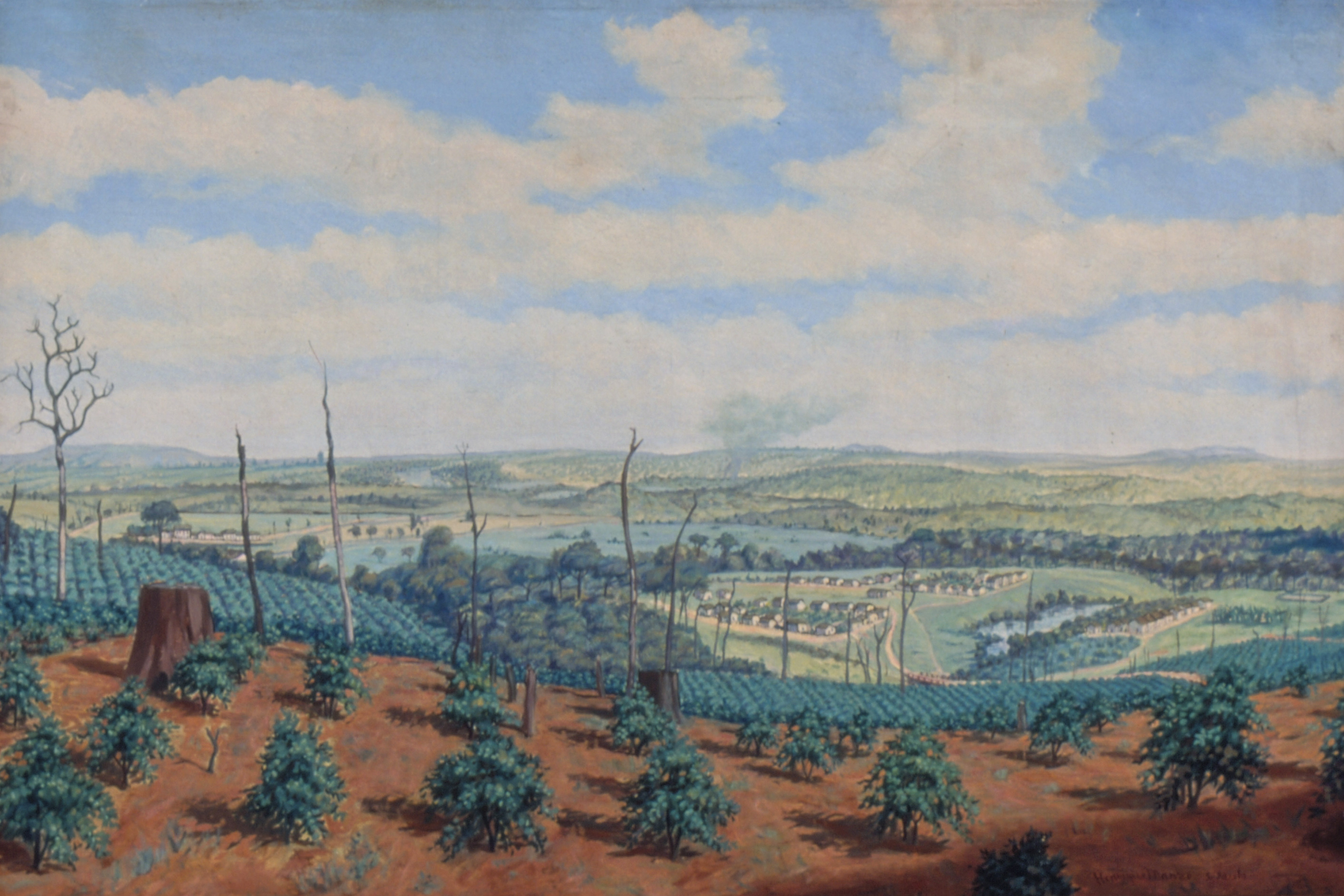
Swiss watchdog warns of ‘significant uncertainties’ over electricity supply

Switzerland is well prepared for a possible power shortage at the end of next winter, according to the Federal Electricity Commission (Elcom). But “significant uncertainties” remain, it said on Tuesday.
Since last summer, the news has been mostly positive, says Elcom President Werner Luginbühl.
“Some calm has returned to the energy markets, Europe has reduced its dependence on Russian gas, and electricity consumption has been steadily reduced,” he told the media in Bern on Tuesday.
+ Swiss households braced for rising energy costs
But the markets are still volatile. In Germany there are three fewer nuclear power plants connected to the grid. In France the availability of nuclear power plants is always uncertain, and the Swiss facilities are also getting older. There are still uncertainties despite the measures implemented in the form of hydropower reserves, emergency power generators and emergency gas power plants.
+ Read more: Swiss to vote on climate and energy transition in June
“There can be no complete all-clear,” said Luginbühl. If there is an above-average cold winter and various domestic and foreign nuclear power plants fail at the same time, then this could become a problem, says Elcom.
However, the overall situation is significantly less tense than a year ago, said Urs Meister, managing director of Elcom’s technical secretariat. The market assumes a significantly lower risk of a supply bottleneck. But the energy market is still subject to major fluctuations.
In the long term, Elcom wants the Swiss nuclear power plants to run for at least sixty years.
“That would give us time to push ahead with the expansion with renewable energies,” said Luginbühl. The Swiss Federal Nuclear Safety Inspectorate (Ensi) has to decide whether the nuclear power plants can be left connected to the grid for more than sixty years.
This news story has been written and carefully fact-checked by an external editorial team. At SWI swissinfo.ch we select the most relevant news for an international audience and use automatic translation tools such as DeepL to translate it into English. Providing you with automatically translated news gives us the time to write more in-depth articles. You can find them here.
If you want to know more about how we work, have a look here, and if you have feedback on this news story please write to english@swissinfo.ch.

In compliance with the JTI standards
More: SWI swissinfo.ch certified by the Journalism Trust Initiative






























You can find an overview of ongoing debates with our journalists here . Please join us!
If you want to start a conversation about a topic raised in this article or want to report factual errors, email us at english@swissinfo.ch.